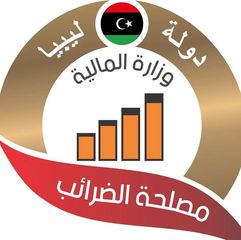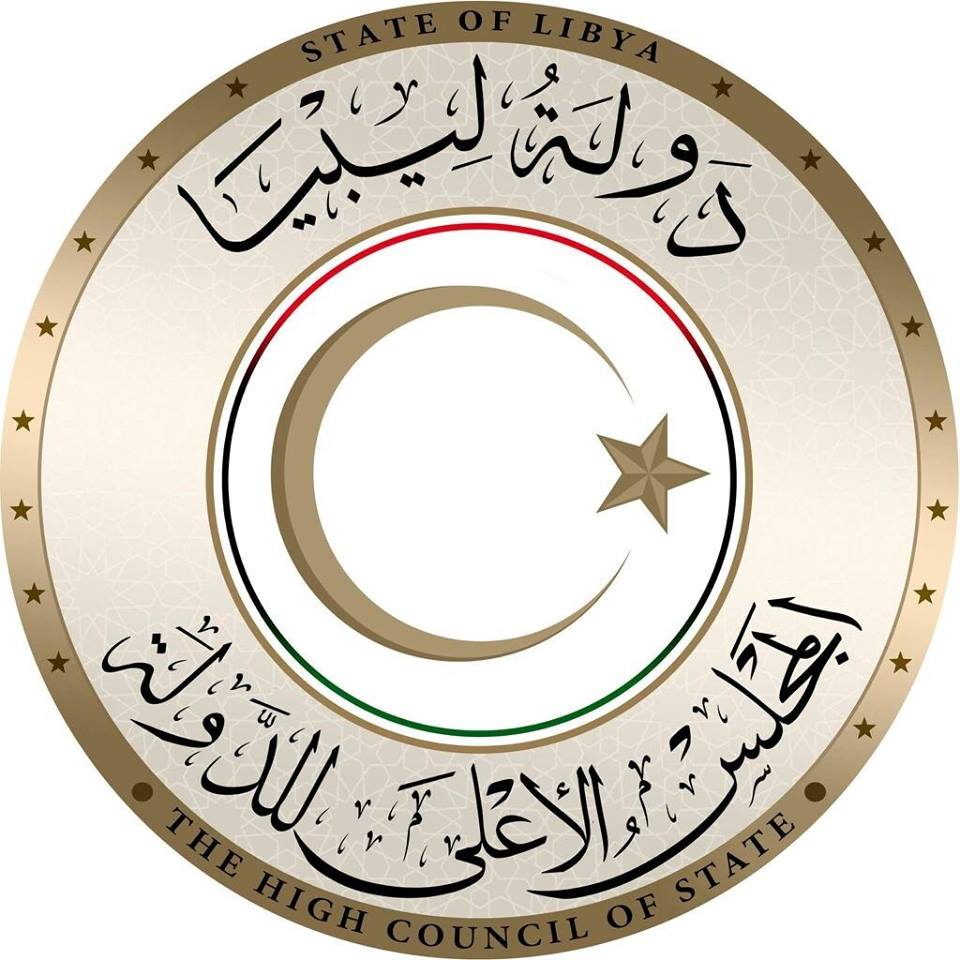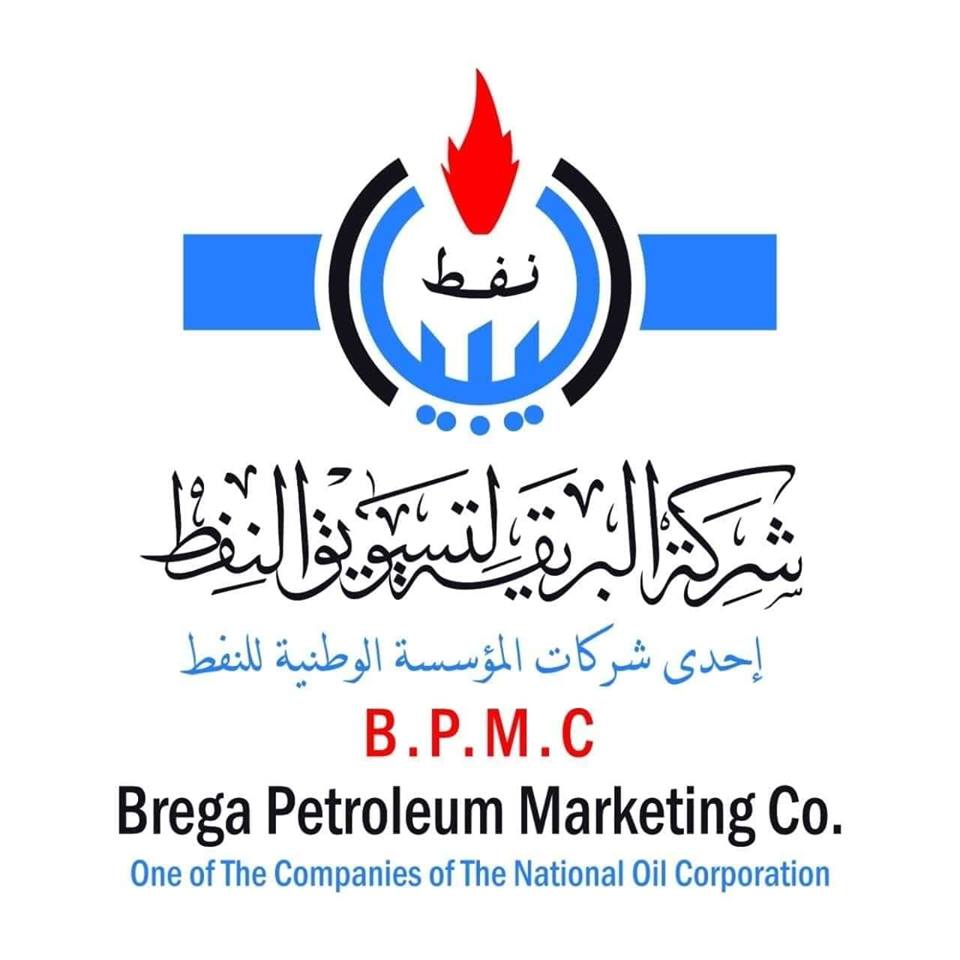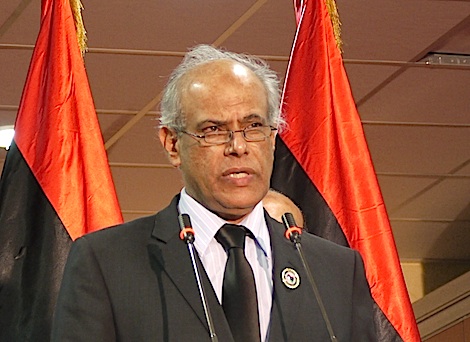By Salah Bugazia.
Reston, Virginia 19 December 2012:
As Libya embarks on this enormous transformation, applying basic Project Management principles will help translate . . .[restrict]ambitious vision and ideas into action both effectively and efficiently. Libya under took many large projects in the last few decades, resulting in partial or unsatisfactory results. Some projects started in the nineteen seventies and have yet to be completed.
Project Management, a fairly new discipline, has recently become the mechanism through which governments and organizations achieve strategic goals.Project Management is the discipline of applying knowledge, experience and skills to achieve specific objectives within a specified period of time and with limited resources. It includes a vast array of tools and techniques that Libya can benefit from. The following are a few good practices relevant to Libya’s particular situation at this time:
Prioritization: When everything is important, nothing is important. Libya is faced with so many challenges, and they all must be addressed. However, due to time constraints, as well as limited financial and human resources, it is impossible and disastrous to take on all of these challenges at the same time. Prioritization enables decision makers to align projects with time-bound strategic goals and allocate resources to projects based on business cases and a combination of importance (value) and urgency (can this wait?).
For example, reforming Libya’s educational system is extremely important, but it is not very urgent. Ensuring that schools are open and have books and teachers is very important and very urgent. Security is extremely important and extremely urgent. Determining levels of importance and urgency for Libya’s challenges helps assign priority levels to various problems, allocate proper attention and resources accordingly and communicate the rationale behind these choices more effectively.
Evaluation: Asking the right questions and making the right decisions. Current and future projects must be evaluated in an objective manner using proven methods and mathematical calculations. Earned Value Management (EVM) measures project performance based on an integrated view of scope, schedule and cost, quantifying the monetary value of accomplished work and forecasting future performance based on current trends.
Capital Budgeting techniques such as Payback Period and Net Present Value (NPV) are used to accurately measure the financial return on specific investments and decide what projects to invest in. Simple financial concepts such as Sunk Cost (cost already incurred and unrecoverable) and Opportunity Cost (benefits forgone because of pursuing a certain action) also help decision makers determine where to invest their energy and resources.
Planning: Failing to plan is planning to fail. Planning starts in the very beginning of a projectand continues throughout project completion. Planning deals with the “what”, “where” and “how” questions. It proactively defines objectives and draws boundaries around needs and what can be accomplished, as well as how the work will be executed, managed and measured, as well as how processes and deliverables can be corrected and improved.
This maximizes chances of success and reduces risk and unnecessary cost. Planning is a continuous process and does not end with the start of execution. Planning is especially more important when we are dealing with large-scale projects such as the ones implemented or contemplated in Libya.
Scoping: If you don’t know what to ask for, anything will be ok. Scoping is the art of understanding and communicating our needs and the scope of what we want. Vendors and contractors come to Libya from many places. When they ask Libyan organizations and decision makers what they want, the answer, many times, is “Everything” or “Show us what you have and tell us what you can do”.
Unfortunately, in most cases we end up with inflated costs to account for scope uncertainties and risk, or we get something completely different from what we thought we asked for. Many housing projects in Libya resulted in apartments not satisfying end customer needs. As soon as Libyan families moved into these buildings, many of them started making changes such as raising balcony walls for example.
Managing Expectations: Manage expectations or expect anything. Knowing your stakeholders is the first step towards effective expectation management. Libya’s large initiatives have many stakeholders with significant impact on these initiatives. These stakeholders include not only the government and contractors, but also any individual or organization with interests in Libya and, most importantly, the Libyan citizen, who is the end customer and beneficiary of most government projects. Identifying these stakeholders, listening to them and understanding their interests, influence and communication needs is critical to proactively defining an effective strategy to manage their expectations, minimize potential negative impact and maximize positive support.
Building the Team: Having the right people at the right roles. This involves clearly describing roles and responsibilities, as well as qualifications required to fill these roles effectively, recruiting the right staff based on objective selection practices, empowering the team through appropriate and targeted training, managing team members and providing them with the necessary tools to enhance their performance, evaluating the team and providing constructive feedback, making the necessary corrections in the process to improve team performance, and understanding that building the right team is an ongoing process that requires leadership, patience and continuous improvement.
Communication.Communication.Communication. The failure of many important initiatives, even in the most advanced societies, is traced back to poor communication. Communication is proactive, while damage control is reactive. Effective communication starts with listening and understanding that the communication model includes not only a message and a sender, but also a receiver and a response. Communication is incomplete if the receiver does not understand and respond to the message.
Additionally, various methods of communication are more suitable to different situations and needs, and, in some cases, they must be applied simultaneously. For example, posting a piece of information on a web site is not sufficient without publishing the web site address through email, TV channels or other “push” methods of communication. Libya’s government and organizations can save themselves many headaches through proactive and basic communication techniques. This is definitely a worthwhile investment with a high return.
Good Project Management practices promote a methodical approach to planning and executing large initiatives successfully, as well as improving current processes and learning along the way. The items outlined hereprovide a glimpse into a broad and rich discipline and practices widely adopted by successful organizations worldwide. Libya’s government and organizations can and should leverage proven Project Management techniques to address the challenges ahead and translate their vision to action.
Salah Bugazia practices Project Management Consulting and Training. He lives with his wife and two children in Washington, DC.
www.linkedin.com/in/salahbugazia [/restrict]







